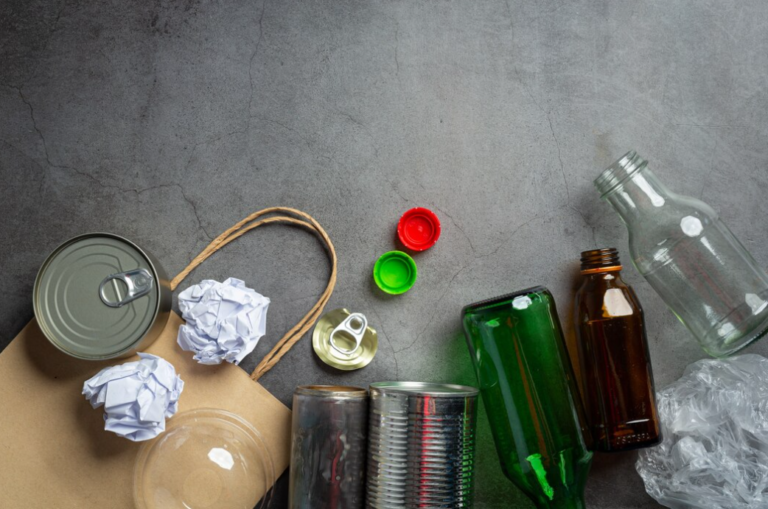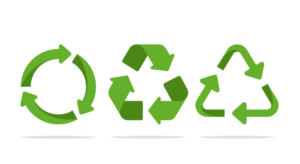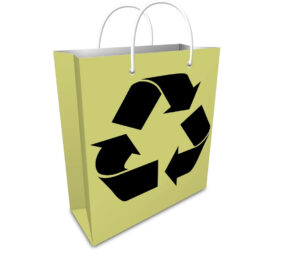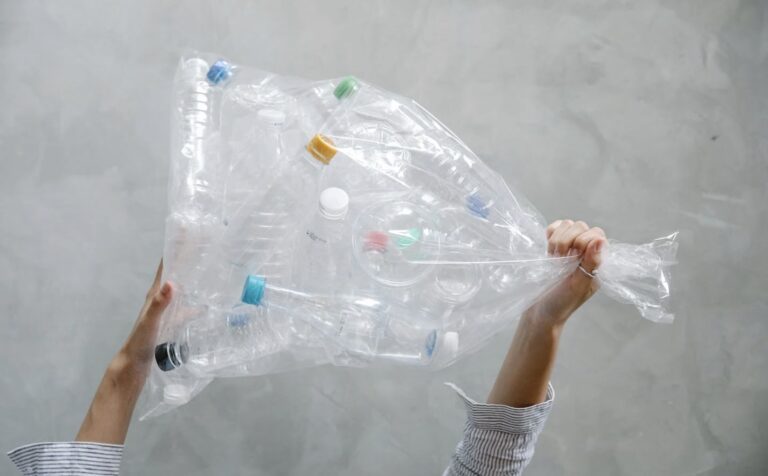In the age of rising environmental concerns, the role of recycling cannot be overlooked. The emphasis on “Recycling Day” has grown not only in importance but in cultural significance as well. So, what day is recycling day? Let’s peel back the layers and discover its profound impact.
Why Recycling Matters
Recycling is the act of converting waste into reusable material. Think of it like this: Instead of throwing away your old jeans, you’d repurpose them into a trendy bag or even a quilt.
Environmental Impact
Every item recycled is one less in the landfill. This reduces the carbon footprint and saves numerous natural resources.
Economic Benefits
Recycling can lead to job creation in collection, transportation, and processing sectors.
The Origin of Recycling Day
Delving into history, we find recycling practices rooted in ancient civilizations. However, the establishment of a dedicated “Recycling Day” is relatively modern.
Early Practices
Ancient civilizations melted down old metals to create new tools.
The Modern Movement
The late 20th century saw a rise in environmental consciousness, leading to the formal establishment of recycling practices and days.
How to Determine Your Recycling Day
- Local Authority Websites: Most city or county websites have a dedicated section detailing recycling schedules;
- Mobile Applications: Several apps notify users about their recycling pick-up dates;
- Physical Calendars: Some municipalities distribute yearly calendars indicating recycling days.
Materials Commonly Recycled
You can’t just toss anything into the recycling bin. Knowing what is recyclable is pivotal.
- Paper: Includes newspapers, magazines, and cardboard;
- Plastic: Bottles, jars, and certain containers (based on the resin identification code);
- Glass: Bottles and jars excluding ones that contained hazardous materials;
- Metals: Aluminum cans, tin cans, and certain metal appliances.
Practices Around the World
Recycling is a global initiative. Let’s look at how different countries tackle it:
| Country | Recycling Day | Unique Practice |
|---|---|---|
| USA | Varies by locality | Community-based programs |
| Japan | Set days for different materials | Mandatory segregation at source |
| Sweden | Weekly | Over 99% of household waste is recycled |
Recycling: Myths vs. Reality
Sometimes, misinformation can lead us astray. Here’s a comparison of common misconceptions and their realities:
| Myth | Reality |
|---|---|
| All plastics are recyclable | Only specific types, often indicated by the resin code, are recyclable |
| Recycling consumes more energy than it saves | Recycling often uses significantly less energy, especially for materials like aluminum |
Benefits of Adhering to Recycling Day
- Clutter Reduction: Regularly recycling can reduce clutter in your home;
- Community Benefits: Clean streets, less landfill use, and a sense of community participation;
- Ecological Balance: Helps in reducing the strain on our planet’s resources.

Recycling Programs in Major US Cities
Every city has its unique way of promoting recycling and ensuring that its residents are involved in sustainable practices. A deep dive into a few major US cities reveals some exciting approaches:
Austin, Texas
The capital city of Texas, Austin, is renowned for its environmental initiatives. If you’re wondering, “when is my recycling day Austin?”, the city’s website offers an interactive map to pinpoint the exact dates for every neighborhood. Austin also conducts regular workshops on recycling, composting, and sustainability.
New York City
With its vast population, NYC has adopted a schedule-based approach. Residents can access the city’s sanitation website, enter their address, and receive precise pick-up dates.
San Francisco, California
Lauded as one of the greenest cities in the US, San Francisco operates a color-coded bin system: blue for recyclables, green for compost, and black for trash.
The Environmental Impact of Not Recycling
We often hear about the positive outcomes of recycling, but it’s equally crucial to understand the repercussions of not doing so.
- Increasing Landfill Waste: Every item not recycled potentially ends up in a landfill. These sites emit methane, a potent greenhouse gas;
- Depletion of Natural Resources: Not recycling means we’re continuously extracting raw materials, affecting our ecosystems;
- Water and Air Pollution: Production from virgin materials often leads to more water and air pollution than recycling.
Here’s a quick comparison to put things into perspective:
| Impact | Recycling | Not Recycling |
|---|---|---|
| CO2 Emissions | Low | High |
| Energy Consumption | Reduced by up to 60% | 100% from virgin materials |
| Raw Material Usage | Minimal | Extensive |
Making Recycling a Habit
Transitioning to regular recycling can seem daunting, but with a few simple steps, it can easily become a part of our daily routines:
- Start Small: Focus on one recyclable material, like paper or plastic. Once comfortable, expand to other materials;
- Place Bins Strategically: Having a recycling bin next to your regular trash can remind you to segregate waste;
- Educate and Involve: Encourage family members or housemates. For instance, a quick search on “when is my recycling day Austin” can help Austin residents sync their schedules;
- Stay Updated: Regulations and recyclable materials can change. Regularly check with your local authorities or their websites to stay informed.

Innovations in Recycling Technology
The world of recycling isn’t static; it’s evolving rapidly, powered by advancements in technology. Innovations are not only making recycling processes more efficient but also expanding the list of materials we can recycle.
Artificial Intelligence (AI) in Sorting
Machines equipped with AI can now sort recyclable materials at unprecedented speeds. These systems use cameras and sensors to differentiate between materials, ensuring a higher purity level of sorted items.
Chemical Recycling
While traditional recycling relies on mechanical processes, chemical recycling breaks down plastic to its molecular level, allowing us to tackle plastics previously deemed non-recyclable.
Biodegradable Plastics
Thanks to advancements in material science, we now have plastics that decompose faster under specific conditions, reducing their environmental impact.
Digital Platforms for Recycling Awareness
Modern problems require modern solutions. Numerous apps and websites (for instance, the one that answers “when is my recycling day Austin”) have popped up, ensuring that individuals are always informed and ready to recycle.
Conclusion
In essence, “Recycling Day” isn’t just a day; it’s a movement towards a sustainable future. By participating, we’re not only cleaning our homes but our planet.
Frequently Asked Questions
Only specific types of plastics are recyclable due to their composition and the recycling process.
It varies by location. Some places have weekly pickups, while others might be bi-weekly or monthly.
Most municipalities offer a grace period or alternate drop-off points for such situations.
Absolutely. Recycling conserves resources, saves energy, and minimizes landfill usage.
Yes! Many local authorities support and provide resources for community-driven initiatives.









+ There are no comments
Add yours